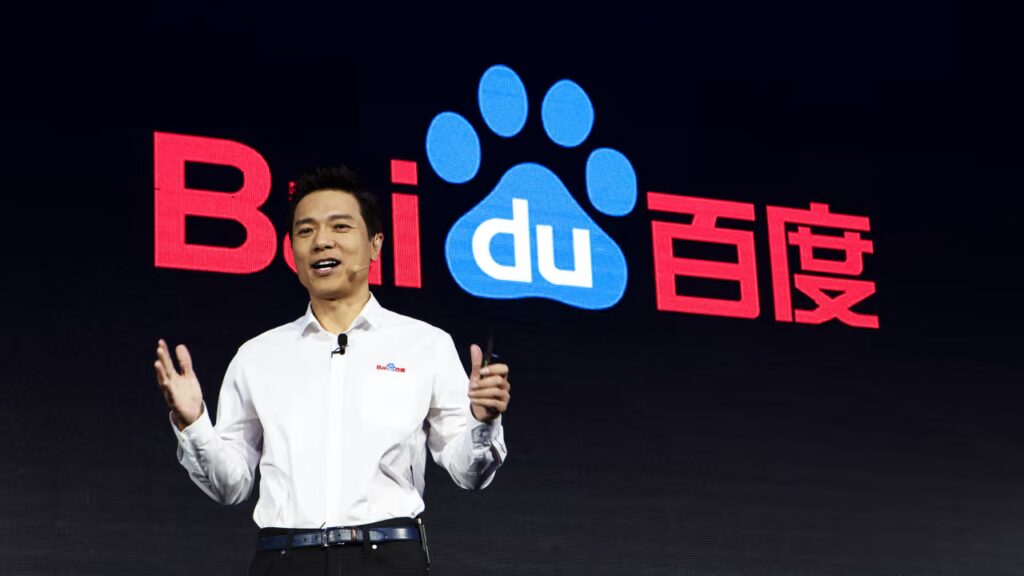Baidu, one of China’s leading artificial intelligence (AI) companies, has reportedly ordered a significant quantity of AI chips from Huawei, signaling a growing shift towards Chinese alternatives amidst increased U.S. restrictions on chip exports, according to two insiders. The order was placed in August, just ahead of new U.S. government regulations in October that imposed stricter controls on chip exports to China, including those from U.S. chip giant Nvidia.
Sources reveal that Baidu ordered 1,600 of Huawei Technologies‘ 910B Ascend AI chips, developed as an alternative to Nvidia’s A100 chips, to power 200 servers. By October, Huawei had already delivered over 60% of the order, equivalent to approximately 1,000 chips, to Baidu.
The total value of the order is estimated at around 450 million yuan (approximately $61.83 million), with Huawei committed to delivering the entire order by the end of this year. Due to the confidential nature of the deal, both sources preferred to remain anonymous.
While the order size may pale compared to the substantial chip orders that major Chinese tech firms have historically placed with Nvidia, it underscores the growing trend of some Chinese companies diversifying away from the U.S. chip manufacturer.
Historically, Baidu, along with other major Chinese tech giants like Tencent and Alibaba, has been a prominent client of Nvidia. The news of Baidu’s AI chip order from Huawei came as a surprise since it was not previously known to be a customer of Huawei’s AI chips.
Despite Huawei’s Ascend chips being considered less potent than Nvidia’s in terms of performance, one of the sources mentioned that they are currently the most advanced domestic option available in China. The source commented, “They were ordering 910B chips to prepare for a future where they may no longer be able to purchase from Nvidia.”
Both Baidu and Huawei declined to comment on the matter, while Nvidia chose not to respond to requests for comment.
Huawei’s official website indicates that the company has been collaborating with Baidu since 2020 to ensure compatibility between Baidu’s AI model, Ernie, and Huawei’s Ascend chips. In August, the two companies announced their intention to deepen this compatibility.
While Baidu has developed its own Kunlun AI chips, designed to support large-scale AI computing, the company has traditionally relied on Nvidia’s A100 chips for training its large language model (LLM). However, with recent restrictions preventing Nvidia from selling its A100 and H100 chips to China, the company introduced the A800 and H800 chips as alternatives for Chinese customers, including Baidu. Nonetheless, these chips are also restricted from sale in China due to the October regulations.
Analysts have speculated that the U.S. restrictions are creating an opportunity for Huawei to expand in China’s $7 billion AI chip market. The company has been subject to U.S. export controls since 2019. This recent order is another indication of Huawei’s progress in chip development as it continues to invest in its domestic semiconductor industry and explore domestic alternatives to foreign technology, aligning with the Chinese government’s push for technological self-sufficiency. In recent months, Huawei has garnered attention for its advances in chip development, including internally developed processors for smartphones and surveillance camera processors set to be shipped to clients in 2023.
